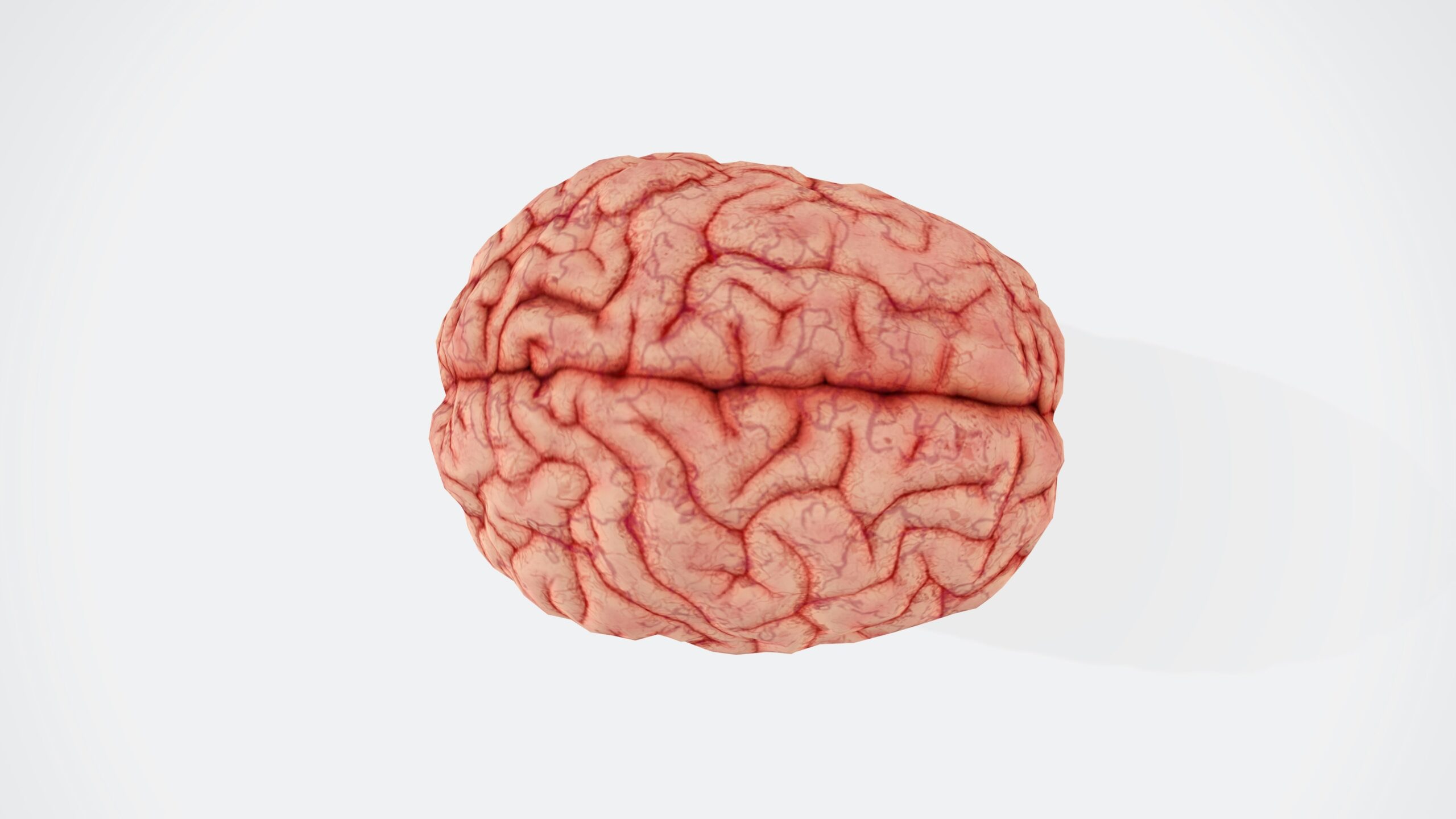
Cognitive decline is a concern for many, especially as we age. However, emerging research offers hope that certain lifestyle choices can help maintain cognitive health.
In my clinical work, I observe striking differences in cognitive functioning between individuals who prioritize healthy habits and those who do not.
Here’s an overview of the most effective strategies for maintaining cognitive health, supported by research and real-world observations.
Mentally Stimulating Activities
Engaging in mentally stimulating activities is like exercise for the brain. Research consistently shows that keeping the brain active through learning, problem-solving, and even social interactions can help maintain cognitive function and delay the onset of cognitive decline or slow down the progression of neurocognitive disorders. Activities such as reading, puzzles, learning a new language, or even playing musical instruments can stimulate the brain and promote neuroplasticity—the brain’s ability to adapt and grow.
Clinical Observation: Clients who engage in regular mental stimulation tend to have better cognitive resilience.
They often display sharper memory, quicker problem-solving skills, and greater overall mental agility compared to those who lead more sedentary cognitive lives. Mental health disorders can also play into this. For example, if someone is depressed throughout their life, they may struggle to engage in activities that require higher levels of effort.
Diet: Leafy Greens and the Mediterranean Diet
Diet plays a crucial role in cognitive health. The Mediterranean diet, rich in fruits, vegetables, whole grains, fish, and healthy fats, is particularly beneficial. Leafy greens, in particular, have been shown to have powerful protective effects. Studies suggest that individuals who consume leafy greens like spinach, kale, and collard greens daily have a slower rate of cognitive decline compared to those who do not.
One study published in Neurology found that older adults who consumed just one serving of leafy greens per day had the cognitive ability of someone 11 years younger than those who rarely consumed greens. The diet’s high content of antioxidants, healthy fats, and anti-inflammatory compounds contribute to these protective effects.
Clinical Observation: Clients who follow a Mediterranean-style diet and incorporate leafy greens into their daily meals often exhibit better cognitive performance, particularly in areas like memory and attention.
In contrast, those with diets high in processed foods and low in nutrients are more likely to experience cognitive difficulties as they age. The health related impacts from poor diet can also influence cognitive health (i.e., hypertension can lead to stroke, which can cause memory loss)
Regular Exercise
Physical activity is not only good for the body but also essential for the brain. Regular exercise, especially aerobic activities like walking, swimming, or cycling, has been shown to improve brain health and reduce the risk of cognitive decline. Exercise increases blood flow to the brain, promotes the growth of new neurons, and enhances brain plasticity.
A landmark study in The Lancet highlighted that regular physical activity can reduce the risk of dementia by up to 30%. Exercise also helps manage other risk factors like hypertension, diabetes, and obesity, which are linked to cognitive impairment.
Clinical Observation: I see significant differences in cognitive functioning between clients who exercise regularly and those who do not.
Active clients tend to have better executive functioning, memory, and processing speed. They also report fewer difficulties with tasks that require sustained attention and complex decision-making. They also tend to have better overall mental and physical health.
Alcohol Usage: Moderation is Key
While some research suggests that moderate alcohol consumption, particularly wine, may have protective effects on the brain, excessive alcohol intake is a well-known risk factor for cognitive decline. Chronic heavy drinking can lead to neurodegeneration and increase the risk of conditions like alcohol-related dementia.
The key is moderation. The Mediterranean diet, for example, includes moderate consumption of wine, which may be beneficial due to the presence of antioxidants like resveratrol. However, it’s crucial to maintain a balanced approach, as the risks of heavy drinking far outweigh any potential benefits.
Clinical Observation: Clients who consume alcohol in moderation typically maintain better cognitive health than those who indulge excessively.
The latter group often presents with more significant memory issues, reduced executive functioning, and a higher incidence of mood disturbances, which can further impair cognitive function.
Stress Management
Chronic stress is detrimental to cognitive health. Prolonged exposure to stress hormones like cortisol can damage the hippocampus, a brain region critical for memory and learning. Effective stress management techniques such as mindfulness, meditation, deep breathing exercises, and regular relaxation practices can mitigate these effects and support cognitive health.
Research from the Journal of Alzheimer’s Disease indicates that individuals who effectively manage stress have a lower risk of cognitive decline. Stress management not only protects the brain but also improves overall quality of life.
Clinical Observation: Clients who prioritize stress management show better cognitive resilience and are less likely to experience the “brain fog” or memory lapses that are common in those with chronic stress.
They are also more adept at coping with life’s challenges, which further supports cognitive health. Stress even in younger individuals can impact cognitive health. Small strategies can go a long way!
Be Cautious with Anticholinergic Medications
Anticholinergic medications, commonly prescribed for conditions like allergies, depression, and bladder issues, can have a significant impact on cognitive health. These medications work by blocking the neurotransmitter acetylcholine, which plays a key role in learning and memory. While they can be effective for their intended uses, long-term or high-dose use of anticholinergic drugs has been linked to an increased risk of cognitive decline and dementia. A study published in JAMA Internal Medicine found that older adults with higher cumulative use of anticholinergic medications had a greater risk of developing dementia. It’s essential to discuss any concerns about these medications with your healthcare provider, especially if you are using them regularly, to explore safer alternatives or ways to minimize their impact on cognitive function.
Clinical Observation: In my practice, clients who have been on long-term anticholinergic medications often exhibit more pronounced cognitive difficulties, including memory lapses and slower processing speeds.
When these medications are reduced or replaced with alternatives, some clients experience noticeable improvements in their cognitive abilities, highlighting the importance of careful medication management. Anticholinergic medications can also increase the risk of falls and death in older adults. Many of these can be found over the counter as well. Using an Anticholinergic Burden Scale can help determine if any of your medications are anticholinergic.
The Impact of Healthy Habits on Cognitive Health
In my clinical practice, the differences between those who embrace these healthy habits and those who do not are profound. Clients with healthy habits—engaging in regular mental stimulation, maintaining a balanced diet, exercising consistently, moderating alcohol intake, and managing stress—tend to have better preserved cognitive abilities, better emotional regulation, and an overall higher quality of life.
Conversely, those who do not prioritize these habits often face more significant cognitive challenges. They may struggle with memory, decision-making, and emotional stability, which can affect their daily functioning and independence. We must also be mindful of how mental health, ability, and systemic issues impact someone’s ability to use build these habits.
Conclusion
While genetic factors do play a role in cognitive decline, the choices we make every day have a substantial impact on our brain health. By incorporating mentally stimulating activities, following a brain-healthy diet, engaging in regular exercise, moderating alcohol consumption, and effectively managing stress, we can significantly reduce the risk of cognitive decline and enjoy a sharper, more resilient mind as we age. For those with a family history of dementia or Alzheimer’s, this is even more important!
If you’re concerned about cognitive decline or want to learn more about how to implement these strategies in your life, reach out for help. Early intervention and consistent healthy habits can make all the difference.
Wilson, R. S., et al. (2013). “Life-span cognitive activity, neuropathologic burden, and cognitive aging.” Neurology, 81(4), 314-321. DOI: 10.1212/WNL.0b013e31829c5e8a
Morris, M. C., et al. (2018). “Nutrients and bioactives in green leafy vegetables and cognitive decline: Prospective study.” Neurology, 90(3), e214-e222. DOI: 10.1212/WNL.0000000000004815
Scarmeas, N., et al. (2006). “Mediterranean diet and risk for Alzheimer’s disease.” Annals of Neurology, 59(6), 912-921. DOI: 10.1002/ana.20854
Barnes, D. E., & Yaffe, K. (2011). “The projected effect of risk factor reduction on Alzheimer’s disease prevalence.” The Lancet Neurology, 10(9), 819-828. DOI: 10.1016/S1474-4422(11)70072-2
Rehm, J., et al. (2019). “Alcohol use and dementia: A systematic scoping review.” Alzheimer’s Research & Therapy, 11(1), 1-11. DOI: 10.1186/s13195-019-0474-3
Wilson, R. S., et al. (2007). “Chronic distress, age-related neuropathology, and late-life dementia.” Psychosomatic Medicine, 69(1), 47-53. DOI: 10.1097/PSY.0b013e31802f59bd
Share This Story
Ashley M. Allen, PsyD is a Colorado-based licensed clinical psychologist who sees clients virtually nationwide through PSYPACT. Dr. Allen specializes in LGBTQ+, alternative lifestyles, emotional disorders, ADHD, BPD and chronic illness. Stay tuned to her blog for tips on mental wellness.


